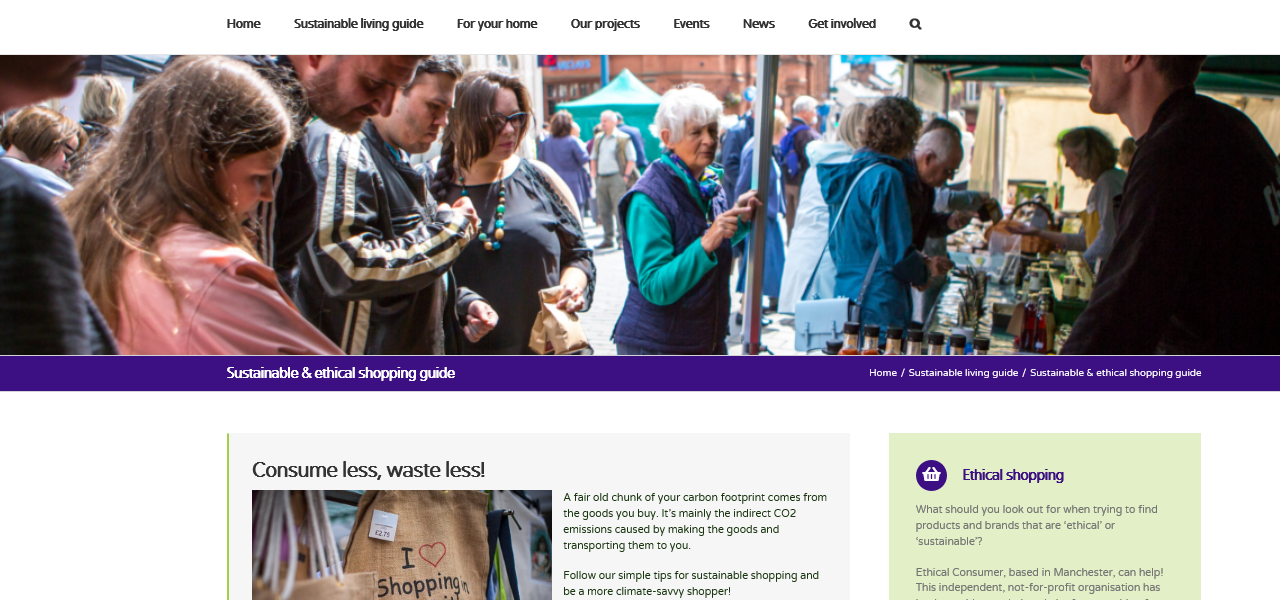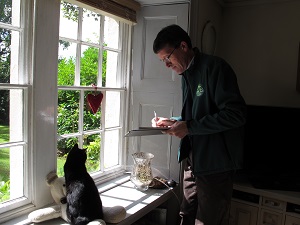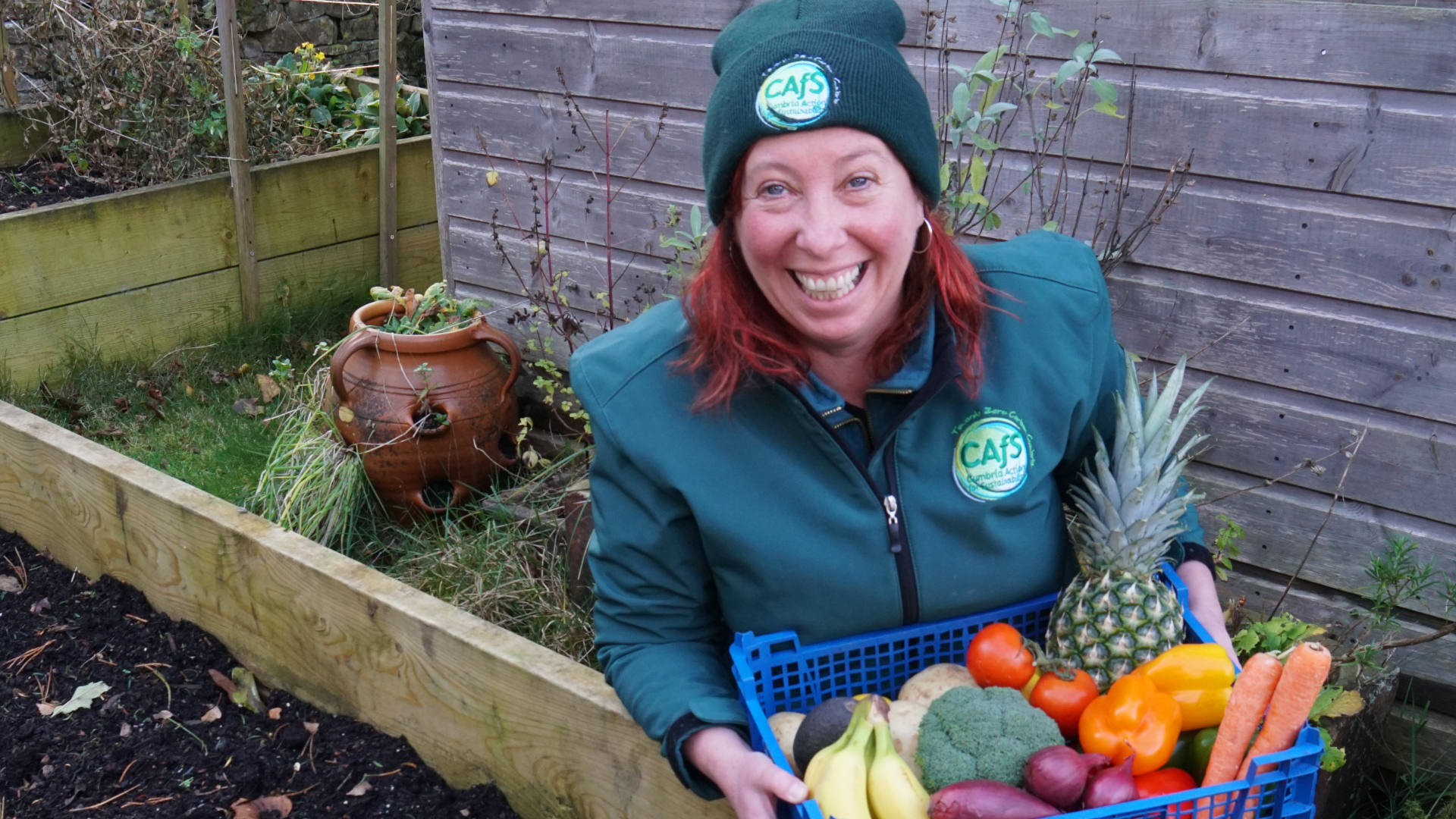South Lakeland District Council (SLDC) has become the first local authority in Cumbria to declare a climate emergency, committing to cuts in carbon emissions in the area.
Cumbria’s second declaration may not be far behind. Carlisle City Council will vote on a climate emergency motion next Tuesday, 5 March.
SLDC’s climate emergency motion was approved unanimously at a meeting of the full council on 26 February. It was led by Dyan Jones, environment portfolio holder.
The motion states:
“Council confirms that it is committed to reducing its carbon emissions and continues to look at all areas of policy and delivery. The Climate Change Policy and the work of the Green Team demonstrates and clarifies our position and ambitions. Council recognises that many organisations have been working hard locally and nationally to identify and address climate change in their own communities and with partners.
“However, council believes action needs to happen faster. Business as usual is not enough and there is a growing urgency to implement these actions more rapidly. Council confirms that we are facing a climate emergency. Council now urges government to recognise this urgency and to work with local authorities, health services, businesses, consumers, farmers, educational institutions and all other interested bodies to reduce to net zero as quickly as possible our carbon emissions and their equivalents.”
Carlisle City Council will debate a climate emergency motion led by Colin Glover, leader of Carlisle City Council, at their full council meeting on 5 March.
Read the Carlisle City Council motion (see item 17)
It includes:
“Carlisle City Council is committed to reducing carbon emissions, both as an organisation and as the Local Planning Authority and resolves to go further than the UK100 Agreement and to act in line with the scientific consensus that we must reduce emissions to net zero by 2030, and therefore commits to:
- Declare a ‘Climate Emergency’ that requires urgent action
- Make the Council’s activities net-zero carbon by 2030
- Ensure that all strategic decisions, budgets and approaches to planning decisions are in line with a shift to zero carbon by 2030
- Support and work with all other relevant agencies towards making the Carlisle district Zero Carbon within the same timescale
- Achieve 100% clean energy across Carlisle City Council’s full range of functions by 2030
- Convene a citizens assembly in 2019 to oversee and feed into the development of related action plans and budgets”
CAfS is proud to have worked closely with South Lakeland District Council over the past decade to support their substantial low-carbon events and community support programmes.
We were also delighted to be invited to support the development of the Carlisle City Council motion and proud of the strong motion being proposed.
Hazel Graham, chief executive of CAfS, said:
“We are certainly living through a rapidly changing and unique moment in history. We are finding that there is a huge drive in Cumbria from communities, individuals and businesses to take strong action on climate change and that we have some world-leading organisations in the county driving this change.
“We have the technology we need to tackle climate change, we have the skills, knowledge and passion in our county to deliver the huge benefits of a rapid transition to zero carbon. We have worked with tens of thousands of people in Cumbria and supported huge numbers of communities, individuals, businesses and local authorities to reduce their carbon footprints in the 20 years that we have been in operation and we’ve seen first-hand the huge benefits this brings. We are delighted to see such leadership and vision from local authorities.”
About climate emergencies
A rapidly growing number of city & district councils, together with the Mayor of London, have passed motions declaring a climate emergency, which acknowledges the urgent need to reduce carbon emissions.
Some of these motions set science-based targets for reaching zero carbon for the councils’ own activities by 2030. A number of local authorities have also signed up to the UK100 Agreement, pledging to achieve one hundred per cent clean energy usage by 2050 in their region.
According to the 1.5C report by the Intergovernmental Panel on Climate Change, published in October 2018, humanity has 11 years for “ambitious action from national and sub-national authorities, civil society, the private sector, indigenous peoples and local communities” to deliver the “rapid and far-reaching transitions in land, energy, industry, buildings, transport, and cities” to avoid irreversible, catastrophic climate change.






